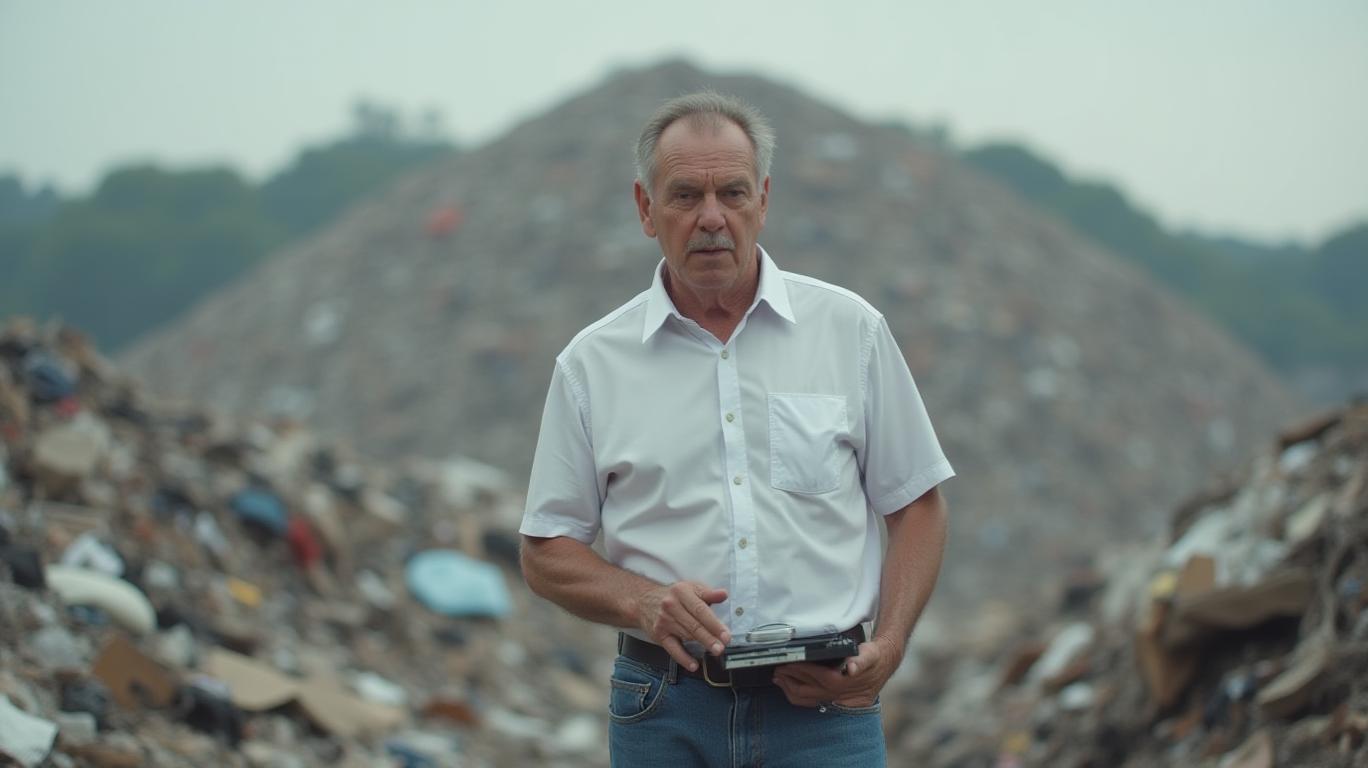Bitcoin Time Capsule: $768M Hard Drive Lost in Landfill
The closure of the Wales Landfill Site, scheduled between 2025 and 2026, has raised concerns about the fate of a hard drive believed to contain 8,000 Bitcoin, worth approximately $768 million at current market rates. The hard drive, allegedly discarded in 2013, is the subject of a decade-long legal battle between James Howells and the Newport council.
Howells, who claims ownership of the lost Bitcoin, has been fighting for access to the landfill to retrieve the hard drive. He initially proposed sharing any discovered Bitcoin with the council as compensation for excavation costs. However, a recent court ruling stated that he had "no realistic prospect" of succeeding at a full trial. Despite this setback, Howells has expressed optimism about using AI technology to pinpoint the hard drive's location at no cost to the council.
The Newport council, however, has maintained that excavation is not permissible under their current environmental permits. The council cited potential "huge negative environmental impact" on the surrounding area as the primary reason for denying Howells' request. This tension between individual aspirations and regulatory frameworks highlights the complexities of pursuing lost digital assets within environmentally sensitive zones.
This incident is part of a larger narrative surrounding lost Bitcoin. Estimates suggest that as much as 13% of the total Bitcoin supply, equivalent to roughly 3 million coins, may currently reside in inaccessible wallets. Industry experts, such as Web3 executive Al Leong, have emphasized the significance of this digital black hole, which represents a substantial portion of Bitcoin's overall supply being sidelined due to lost access credentials. Tether CEO Paolo Ardoino has also raised concerns about the potential future impacts of quantum computing, which could offer capabilities to reclaim lost Bitcoins, thereby affecting market dynamics as this previously inaccessible supply returns to circulation.
As the Newport landfill prepares for closure, the prospect of recovering the lost funds remains uncertain. The intersection of environmental responsibility, legal struggles, and the quest for digital assets in this case underscores the challenges faced in pursuing lost Bitcoin. While technological advancements might one day allow for the reclamation of these lost assets, the current regulatory environment poses significant obstacles for individuals seeking financial recovery. As the council moves forward with its closure plans, the future of the lost Bitcoin remains a topic of speculation and debate within the cryptocurrency community.

Quickly understand the history and background of various well-known coins
Latest Articles
Stay ahead of the market.
Get curated U.S. market news, insights and key dates delivered to your inbox.

Comments
No comments yet